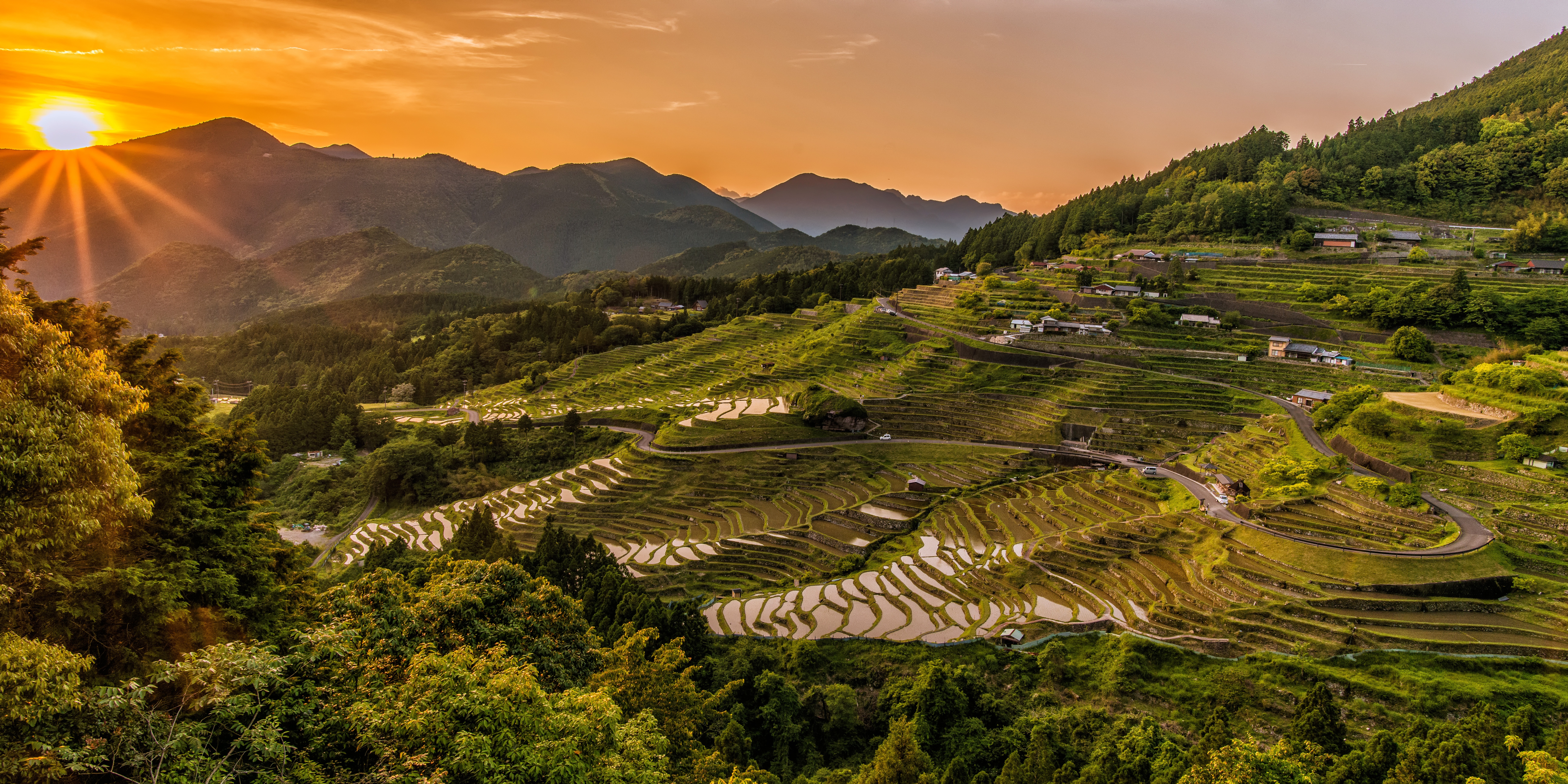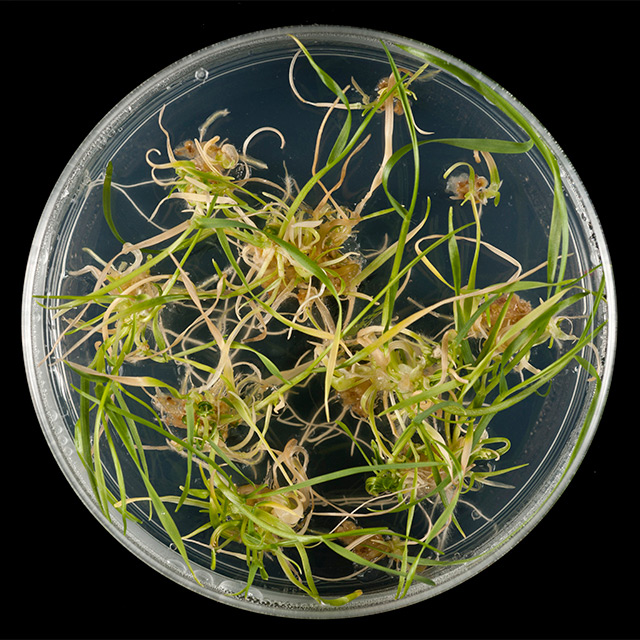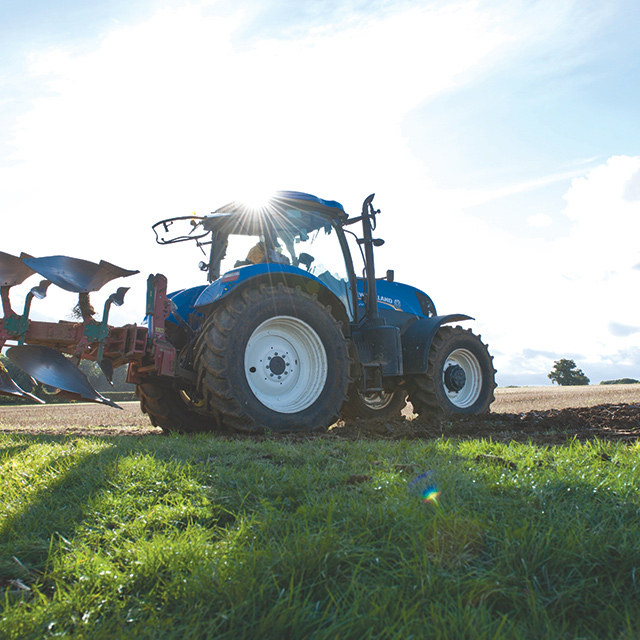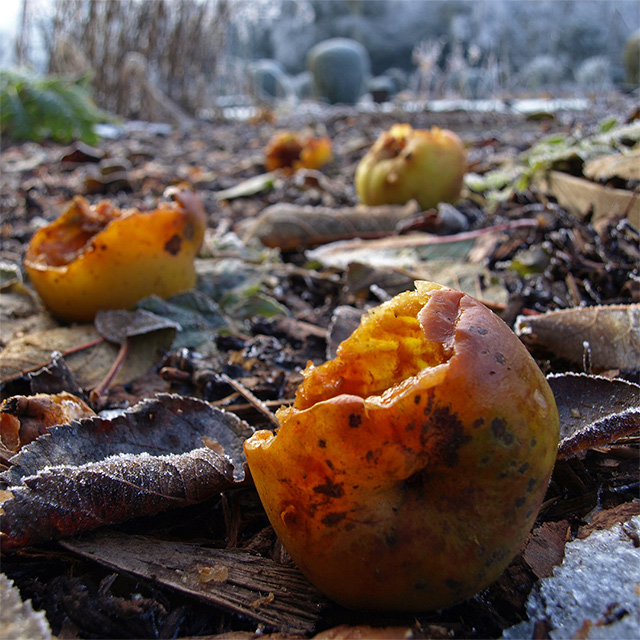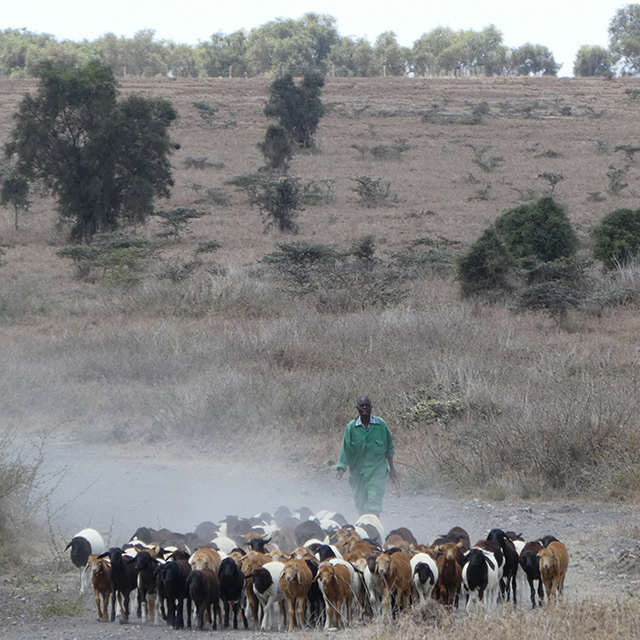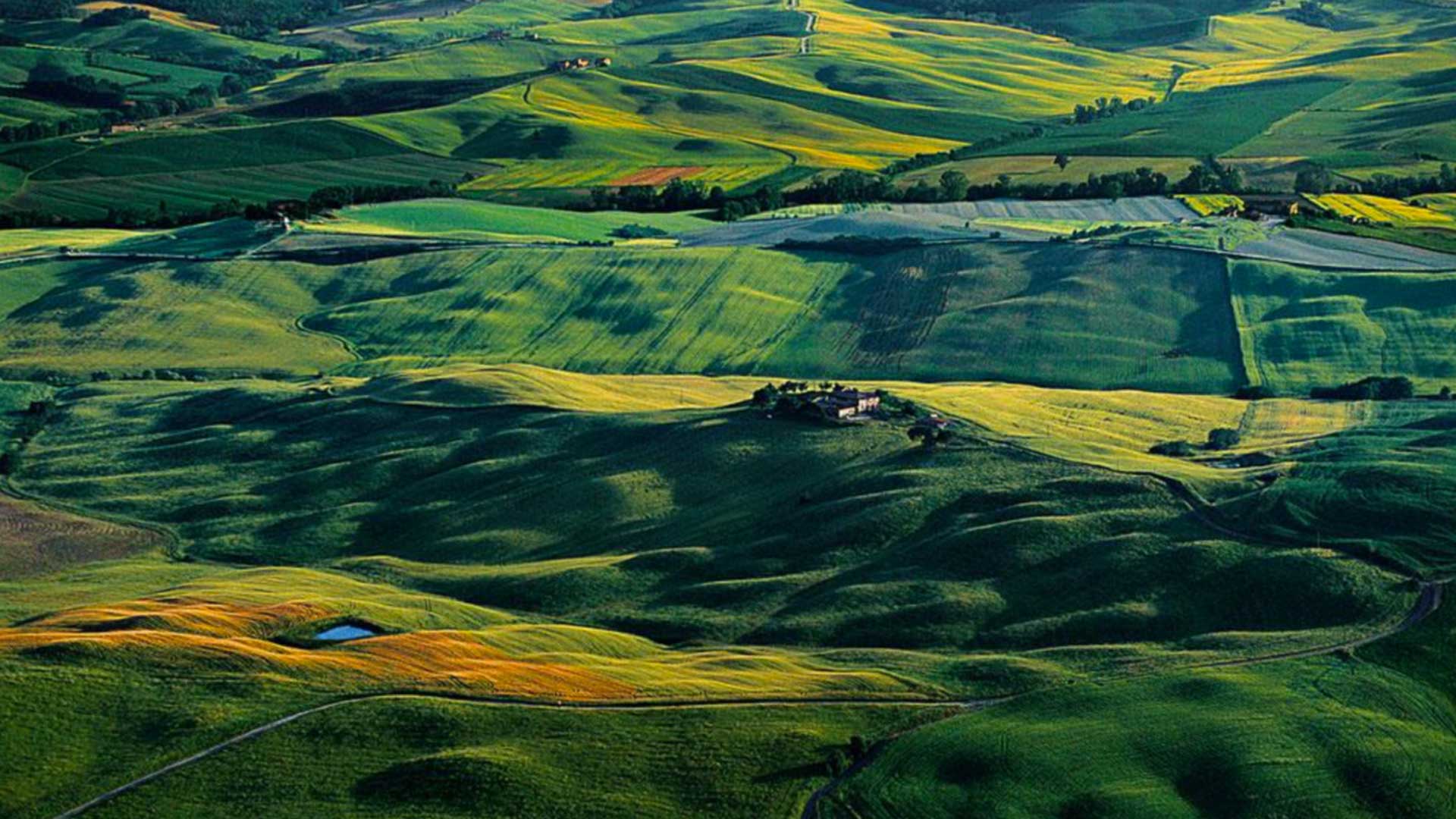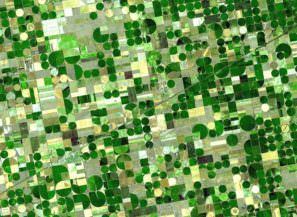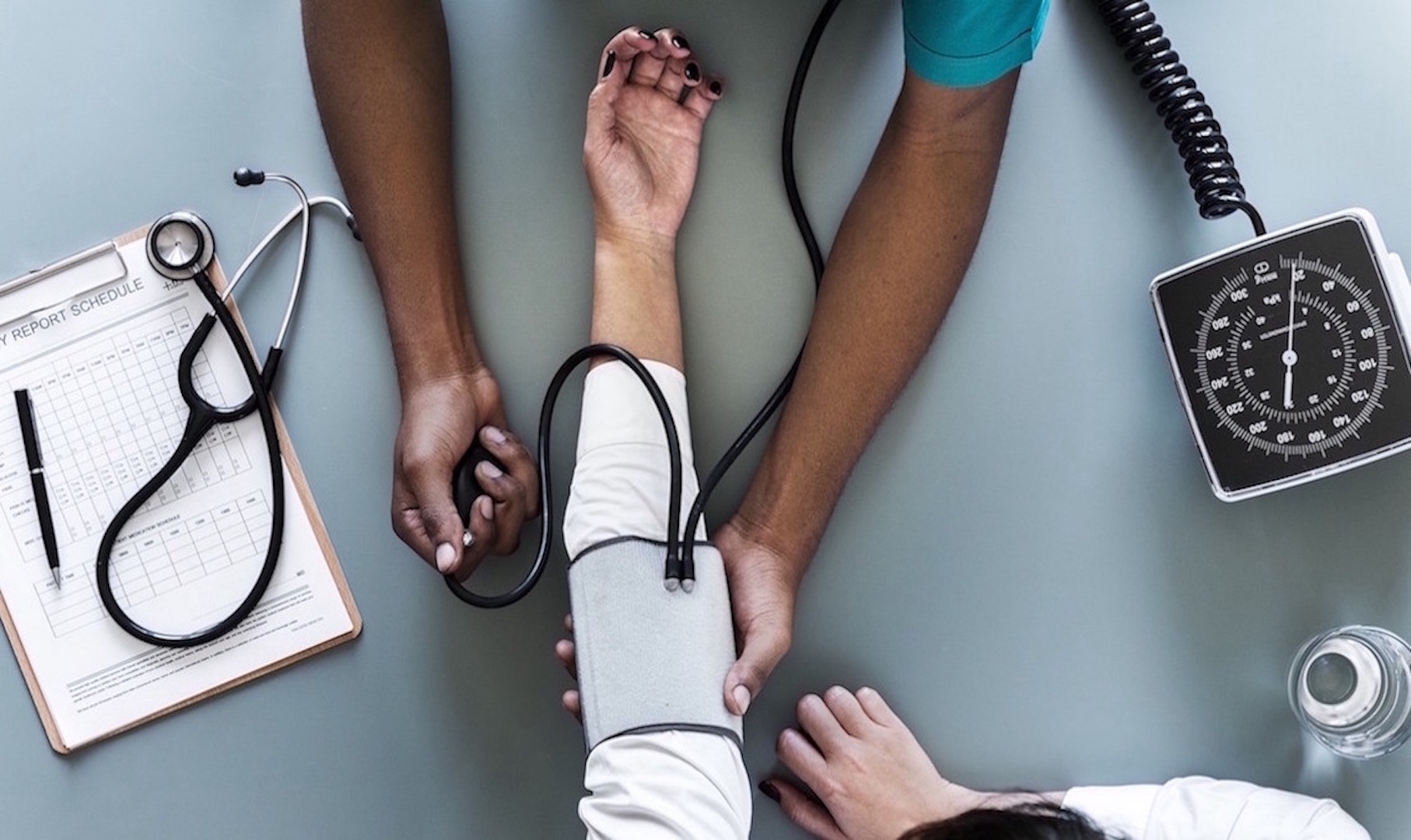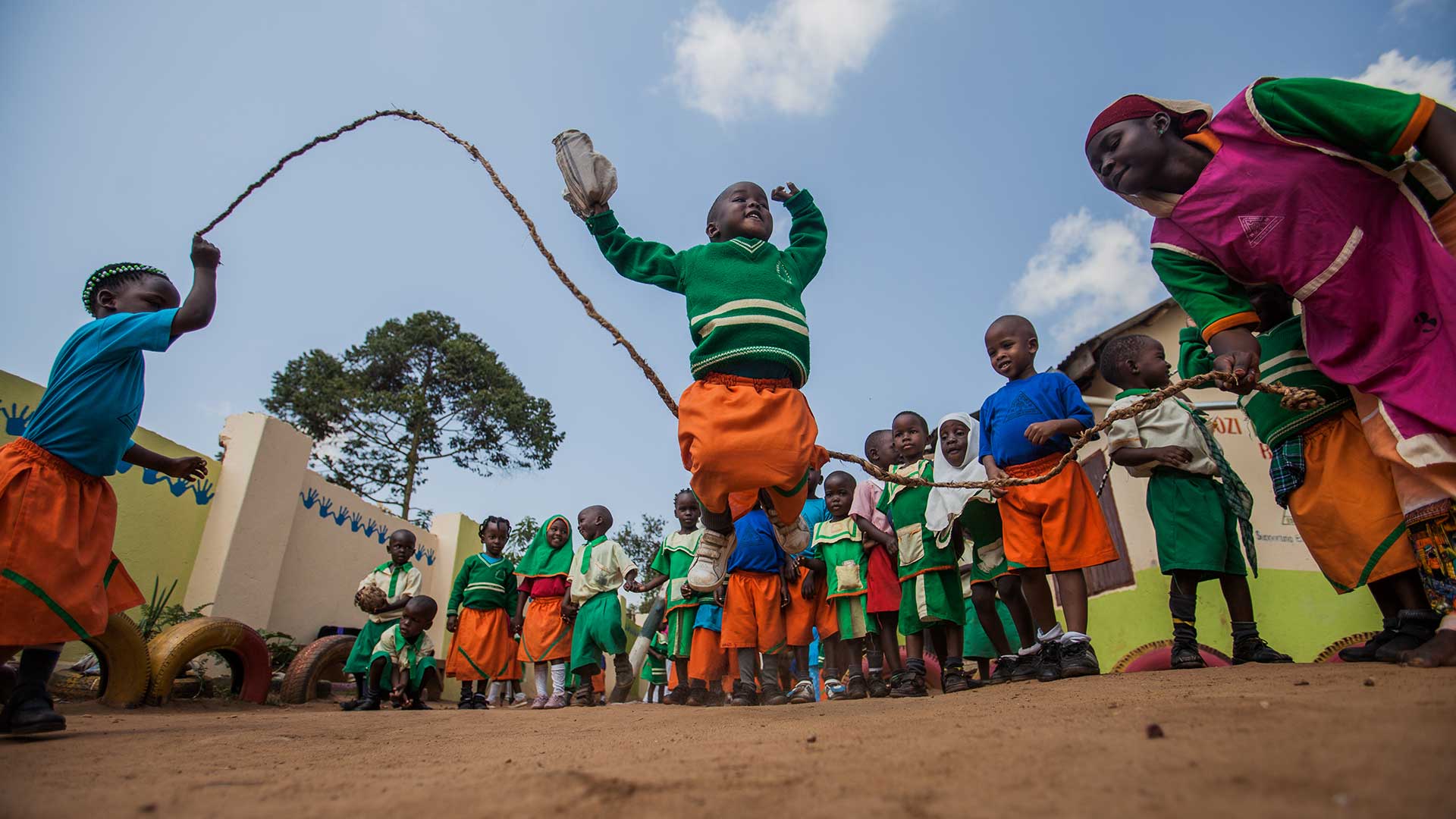Agriculture is more than waving fields of wheat; our ability to grow food from existing natural resources – and without decimating those resources – is key to sustainably feeding the world.
In this 7-module massive open online course (MOOC), learn about food security worldwide, the effects of malnutrition, how we manage ecosystems that provide food resources, and more. You’ll emerge from this course with a clear answer to the question: What can I do to make food consumption and production more sustainable?
This course is supported by faculty based at Cornell University, Johns Hopkins University, Rothamsted Research, Tufts University, and Wageningen University and Research.
We are grateful to the International Fertilizer Association (IFA) for supporting the course's Teaching Assistants.
